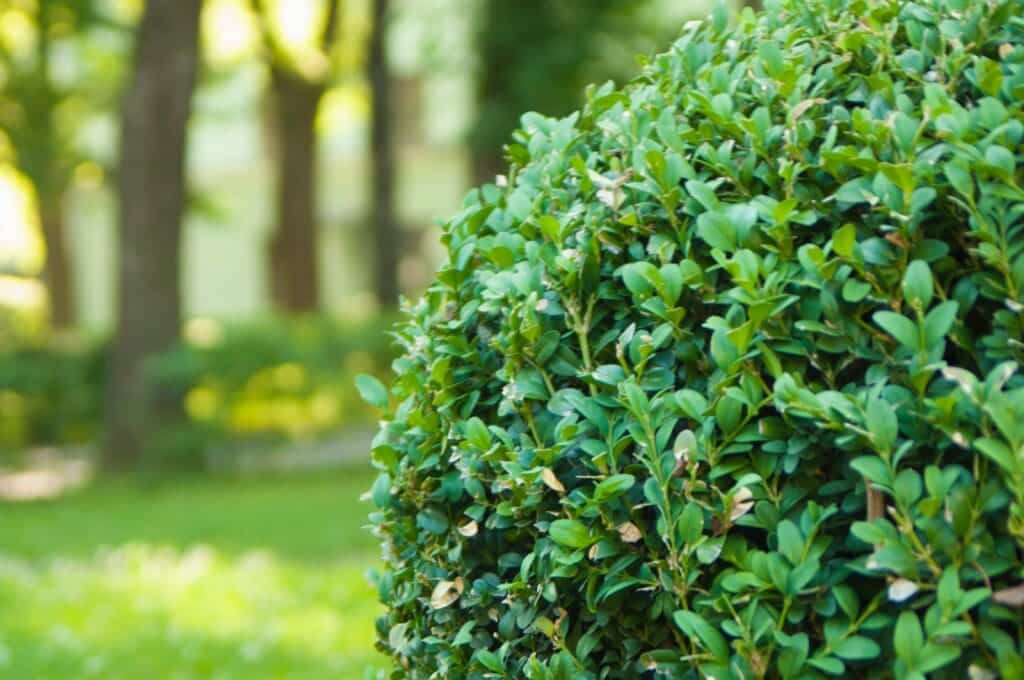In South Africa’s diverse landscapes, from the lush forests of Mpumalanga to the arid plains of the Karoo, lies a shared commitment to preserving the environment and nurturing the land. Amidst this backdrop, composting emerges as a cornerstone of sustainable landscaping practices, offering a practical solution to enriching soil fertility, conserving water, and reducing waste.
Why composting matters:
Composting is more than just a gardening technique – it’s a holistic approach to soil management that addresses the interconnected challenges of soil degradation, water scarcity, and waste pollution. By harnessing the natural process of decomposition, composting transforms organic waste into a nutrient-rich soil amendment that nourishes plants and the landscape.
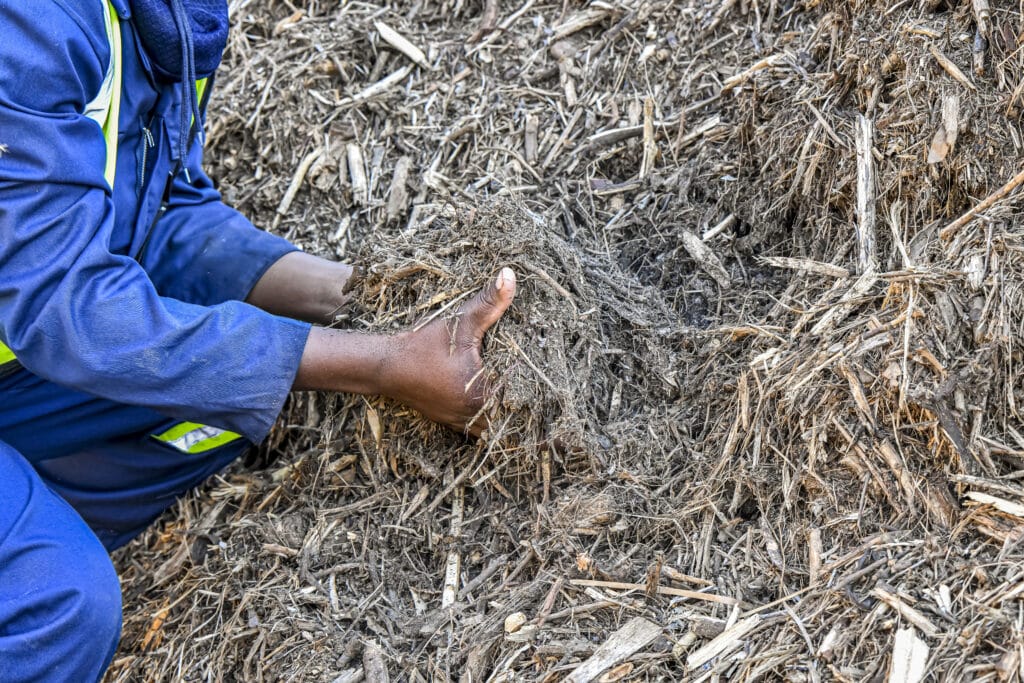
Conserving water resources:
In a country where water scarcity is a pressing concern, composting offers a sustainable solution to conserving water in the garden. Compost acts as a sponge, enhancing soil’s ability to retain moisture and reducing the need for frequent watering. Studies have shown that soils amended with compost exhibit improved water-holding capacity, making them more resilient to drought conditions (Oelofse et al., 2007).
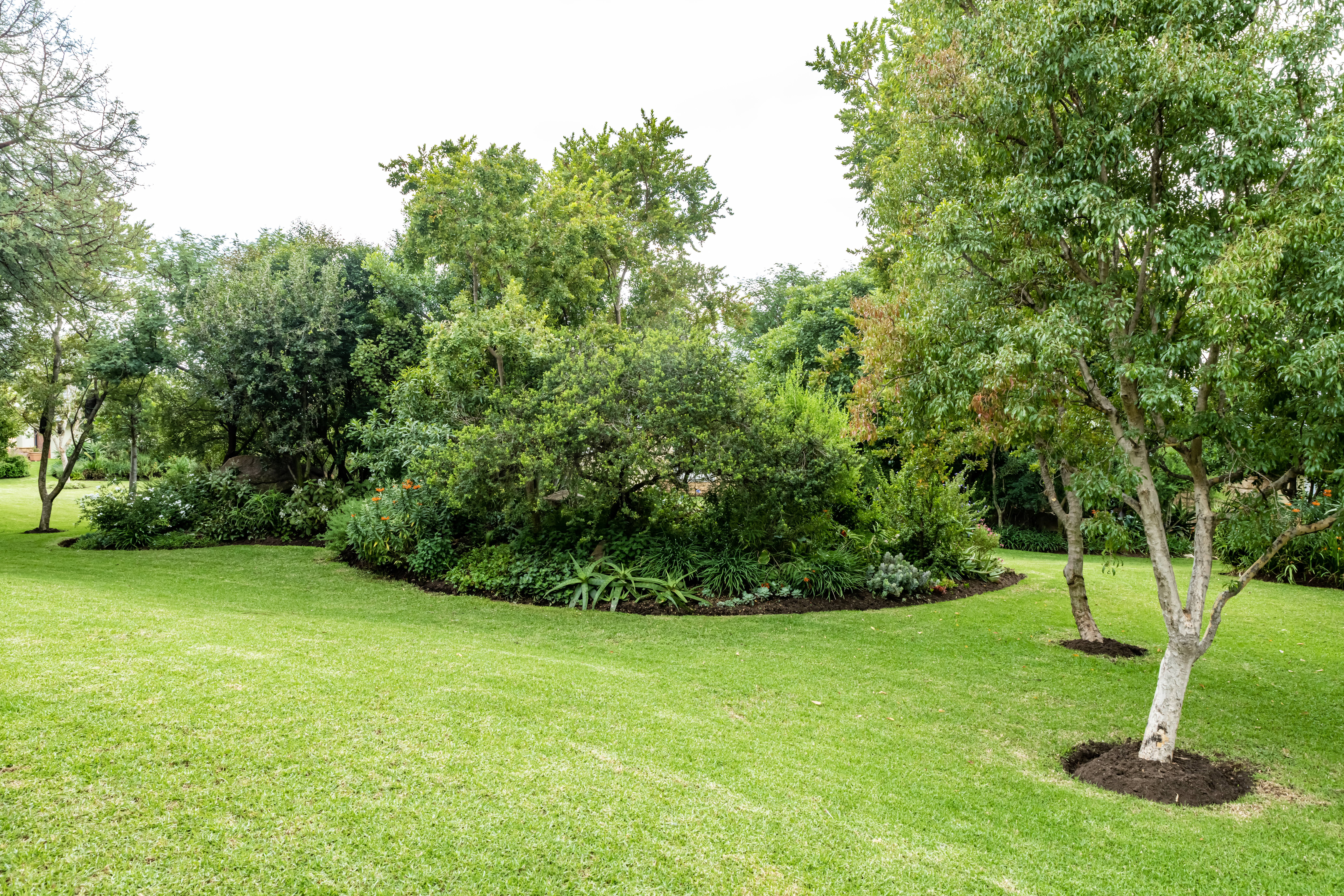
Enhancing soil health:
The benefits of compost extend beyond water conservation to soil health. By enriching soil with organic matter and beneficial microorganisms, compost improves soil structure, fertility, and nutrient availability (Lal, 2004). In regions with depleted soils, such as parts of the Western Cape and Eastern Cape, composting plays a vital role in revitalizing the earth and promoting healthy plant growth.
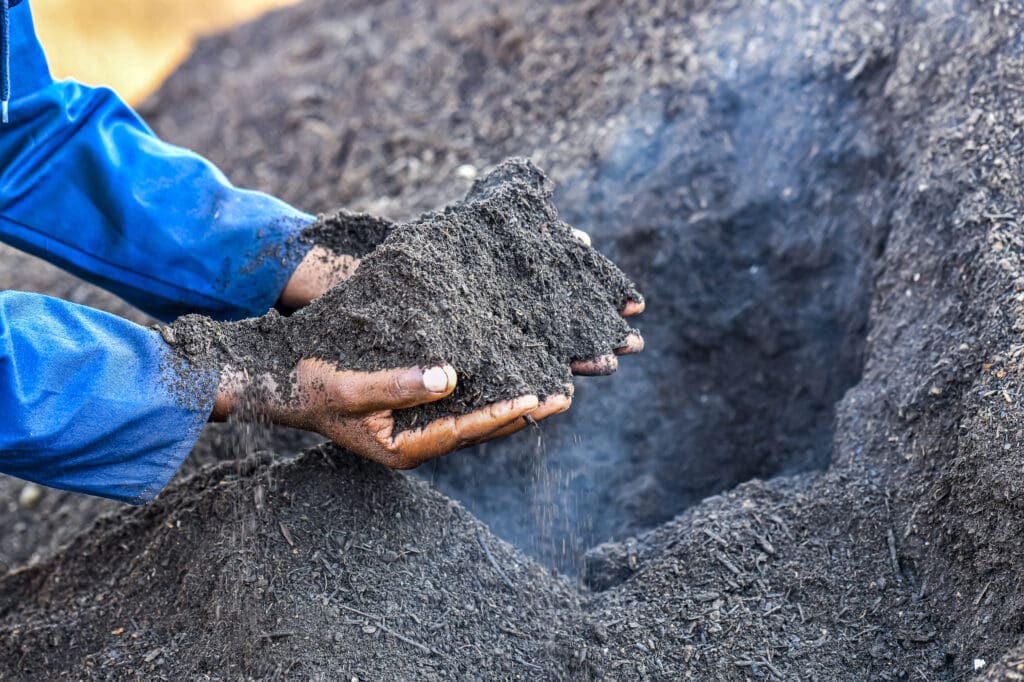
Reducing waste and pollution:
South Africa faces significant challenges related to waste management and pollution, with organic waste comprising a substantial portion of landfill material (Statistics South Africa, 2020). Composting offers a practical solution by diverting organic waste from landfills and reducing greenhouse gas emissions associated with organic decomposition (De Menna et al., 2018). By composting kitchen scraps, garden trimmings, and yard waste, individuals can play a direct role in minimizing their environmental footprint and contributing to a cleaner, healthier environment for all.
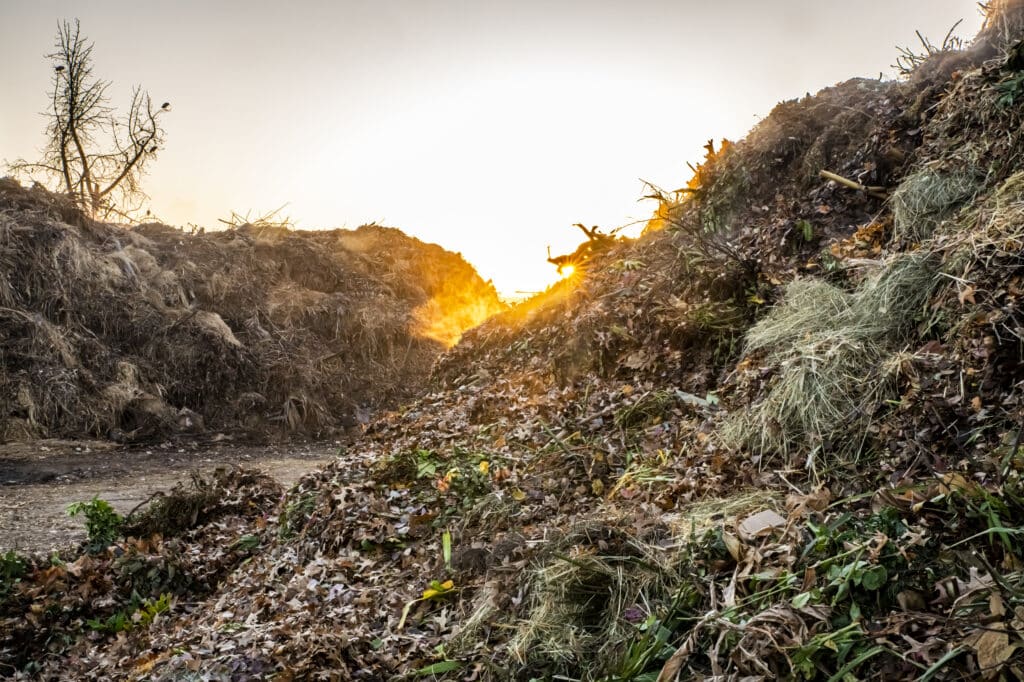
Promoting sustainable agriculture:
Beyond backyard gardens, composting holds immense potential for advancing sustainable agriculture practices in South Africa. Small-scale farmers and community garden projects can utilize compost to improve soil fertility, increase crop yields, and reduce dependence on synthetic fertilizers and pesticides (Morgan et al., 2006). By embracing composting on a broader scale, South Africa can pave the way towards a more resilient food system that nourishes both people and the planet.
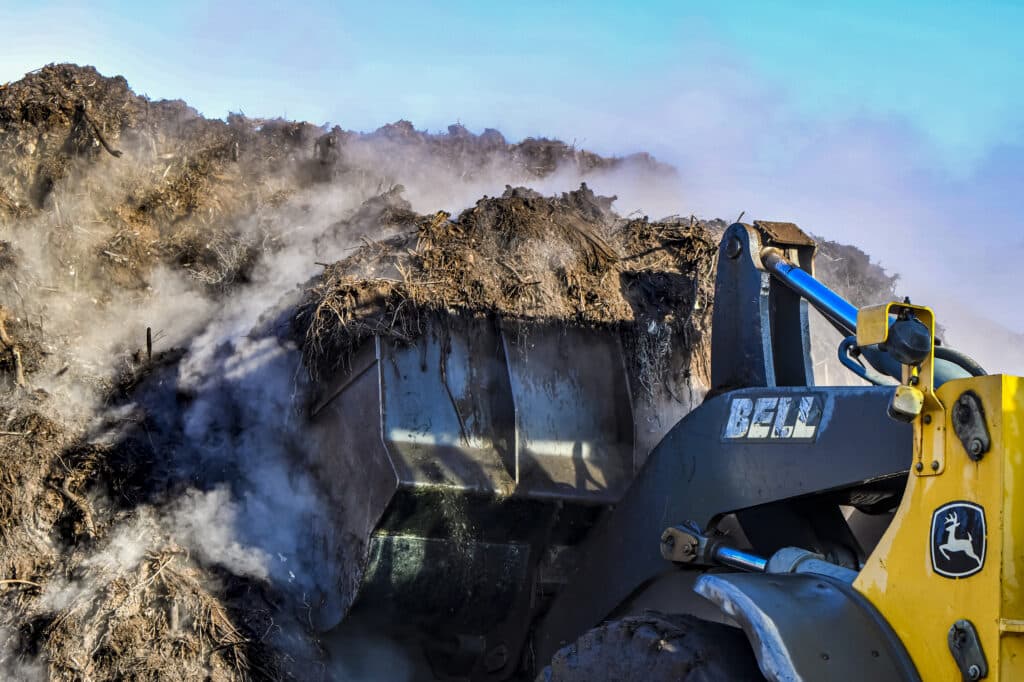
Conclusion:
In the intricate web of South Africa’s natural ecosystems, composting emerges as a thread that binds us to the earth and to each other. By harnessing the power of organic waste to nourish the soil, conserve water, and reduce pollution, composting offers a tangible pathway towards sustainability and resilience. As we cultivate our gardens and landscapes, let us embrace composting as a fundamental practice that honours the land, preserves precious resources, and fosters a brighter future for generations to come.
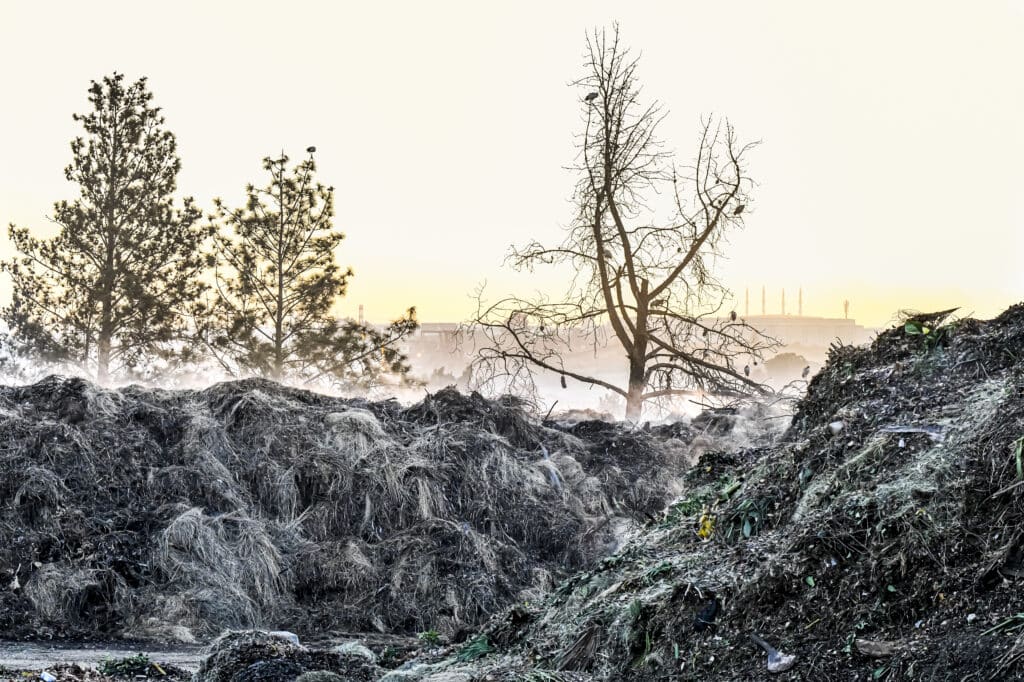
References:
De Menna, F., Micolucci, F., & Rada, E. C. (2018). Environmental and economic assessment of composting in South Africa: A critical comparison of composting scenarios. Waste Management, 79, 314-328.
Lal, R. (2004). Soil carbon sequestration impacts on global climate change and food security. Science, 304(5677), 1623-1627.
Morgan, D., Atlee, E., Hester, A., & Murray, A. (2006). Composting for sustainable agriculture. Organic Gardening, 53-56.
Oelofse, M., Marais, C., & Claassen, N. (2007). The impact of organic waste composting on soil fertility and plant growth. South African Journal of Plant and Soil, 24(2), 90-95.
Statistics South Africa. (2020). Waste Statistics – South Africa, 2020. Pretoria: Statistics South Africa.
